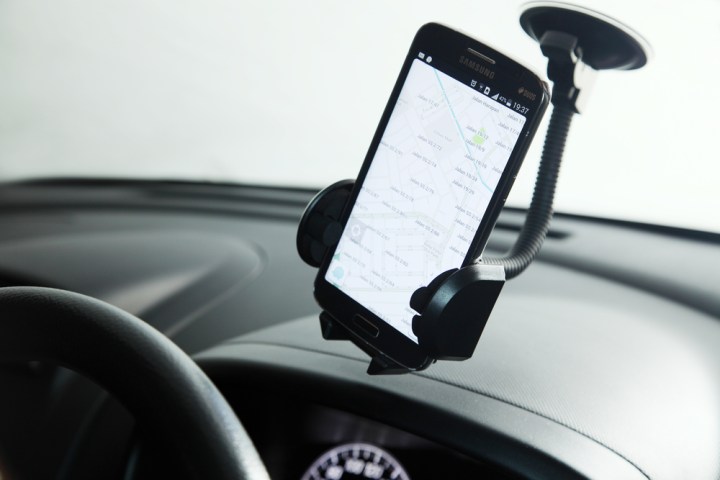
Waze-powered carpooling, first off, is strictly a West Coast affair — your workplace address must lie someplace within San Francisco proper. Second, you’ve got to be one of the 25,000 employees that comprise Waze’s select corporate launch partners, a list which includes the University of California San Francisco, Adobe, and Walmart Global eCommerce. (A spokesperson for Waze told SF Gate that most were chosen based on their proximity to Google’s offices.)
If by some chance you do check those incredibly specific boxes though, hailing a car and paying for your joyride is relatively simple — everything’s done within the standard Waze app to which you’re likely accustomed.
The offering is in many ways a transplant of Waze’s Israeli carpooling service, which launched last year under the spinoff moniker RideWith. By leveraging its navigational know-how and extensive database of local roads, Waze identifies user home-to-work routes that are ripe for consolidation. Once Waze independently verifies the new, common commutes, folks along them can request rides that nearby drivers can accept or deny.
For drivers, the proposition’s not exactly lucrative. Unlike RideWith, Waze isn’t paying salaries, instead charging riders only a small fee to cover fuel and vehicular wear and tear — about 54 cents per mile, by current the IRS standard rate. But that’s intentional.
“This is kind of an extension of what we do at Waze, to build this trusted community,” Waze’s head of partner development, Josh Fried, told SF Gate. To further underline that point, Waze, at least for now, isn’t taking a cut of payments (RideWith sticks drivers with a 15 percent charge).
In that way, Waze’s stateside carpooling might be seen less an attempt to muscle over the Lyfts and Ubers of the world and more an attempt at establishing brand familiarity with a broader pool of commuters. By positioning the service as a by-invitation-only benefit, as it were, for the employees of partner companies, Waze has the potential to attract entirely new categories of users.
But the market’s one congested by competition. San Francisco’s host to Carma, Scoop, and other carpooling apps that perform much the same function as Waze’s new service. Still, Waze has critical mass on its size — 50 million users, at last count in January of this year — and arguably more familiarity than its smaller, newer challengers.


